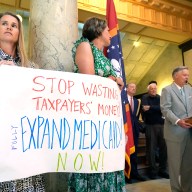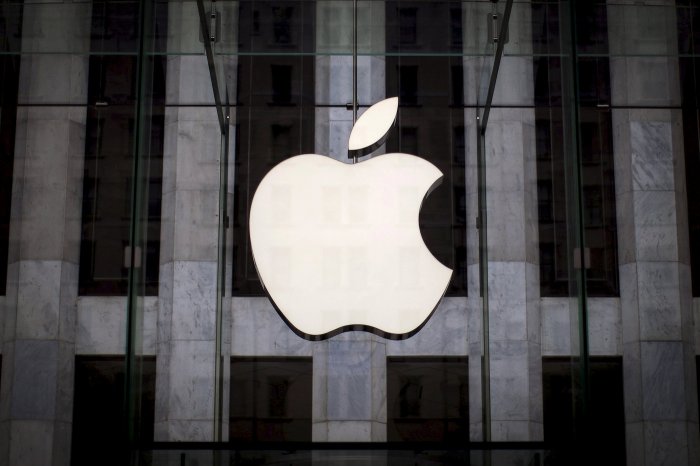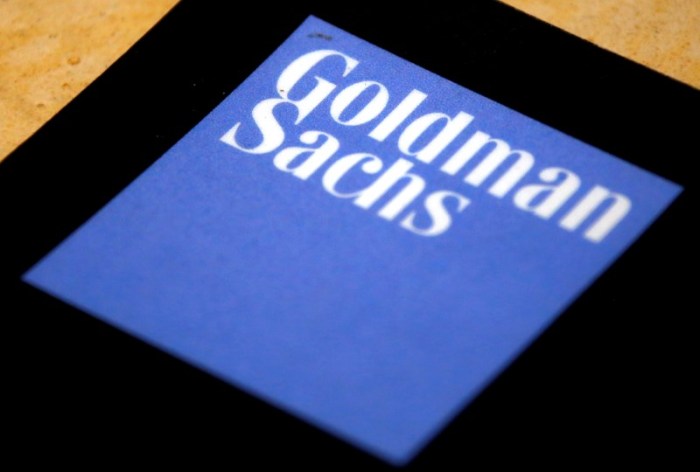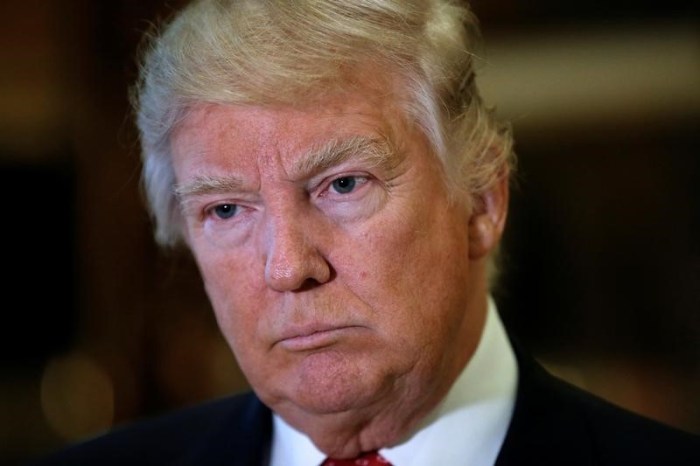By David Lawder and Howard Schneider
WASHINGTON (Reuters) – A vote by Britons to leave the European Union on Thursday may not drag the United States into recession, but its effects on U.S. monetary policy, trade and corporate profits are causing concern in Washington D.C. and boardrooms alike. Market volatility in the immediate aftermath of such an unprecedented decision would likely drive down the British pound and push the U.S. dollar up, keeping Federal Reserve interest rate rises on hold for even longer as the damage is assessed and divorce terms are negotiated with the EU. Federal Reserve Chair Janet Yellen on Tuesday repeated the U.S. central bank’s concerns over the “Brexit” vote, telling lawmakers it could have “significant economic repercussions”, including a flight to the safety of dollar assets that would push up the dollar and further slow U.S. exports. Britain, the world’s fifth largest economy, is the seventh largest U.S. trading partner, with $56 billion in U.S. goods exports to Britain and $58 billion in imports from the UK in 2015.
Aircraft and aircraft engines are the biggest U.S. exports to Britain, while cars and trucks are the largest U.S. imports from the UK, with two-way pharmaceuticals trade important for both countries. More than half of Britain’s exports go to Europe though, where a vote to leave the EU could put it at a disadvantage.
Leaving the EU would cost Britain its privileged free trading status with the continent, throwing up problems for multinational companies with British operations, including higher tariffs on UK-produced cars and engines as well as uncertainty over how banks and insurers in the London financial hub can operate in Europe. The United Kingdom also would be excluded from EU free trade agreements with other countries, such as those with Canada, Mexico and South Korea. The EU currently has Preferential Trade Agreements with 52 countries and is negotiating agreements with another 72. A massive trans-Atlantic trade deal under negotiation with the United States would also be in jeopardy. President Barack Obama has warned it could be years before Washington is ready to start talks on a bilateral deal with Britain. “We think a strong UK in a strong and unified European Union is in everybody’s interest,” U.S. Trade Representative Michael Froman said on Tuesday. “We think their voice is stronger as part of a larger entity.” It could take Britain up to two years to negotiate new trading and regulatory arrangements with Europe, creating a pall of uncertainty that will dampen trade and capital flows and put business decisions on hold, said Michael Arone, chief investment strategist at State Street Global Advisors in New York. “The likely outcome is more of apause, an additional slowdown. What are economies struggling with? Global demand is low, trade is low. Growth is slow. None of this will help that,” he added. GATEWAY TO THE SINGLE MARKET
Foreign direct investment into Britain has been one of the biggest drivers of Britain’s economic growth in recent years, and the biggest source of that investment has been the United States. In a review of the UK economy released on Saturday, the International Monetary Fund concluded that foreign direct investment into the UK, the top investment destination within Europe, had allowed for higher consumption and incomes. Investment “is drawn to the UK because the UK provides a gateway to the single market,” of 500 million consumers, the IMF said.
London School of Economics researchers recently estimated that investment flows into Britain could fall as much as 22 percent as companies, including American firms, move operations elsewhere or put plans on hold in the wake of a leave vote. This would translate to a 2,200-British pound ($3,234) decline in real income per household, they said. The study also concluded that two major bright spots in the UK economy, financial services and autos, would suffer from a Brexit.
LSE also said annual UK car manufacturing would decline by 181,000 units, or 12 percent, due to higher European tariffs if Britain reverts to World Trade Organization trading status.
It added that financial firms based in Britain would likely see “big cuts” after losing their “passport” arrangements to operate in EU countries without having to set up costly local subsidiaries. JPMorgan “After a Brexit, we cannot do it all here, and we will have to start planning for that. I don’t know if it means 1,000 jobs, 2,000 jobs; it could be as many as 4,000,” Dimon said. Ford Motor Co “This would significantly impact our business,” Ford Britain Managing Director Andy Barratt wrote. Profits at Ford’s European operations are just starting to return to pre-2008 crisis levels after years of losses and painful plant closures. CHOCOLATE DIVERGENCE
Other firms that use Britain as an export base also worry about a gradual regulatory divergence between the UK and EU.
Mars Inc. Vice President for Public Affairs Matthias Berninger told Reuters that a post-Brexit Britain would likely want to set its own standards for food safety and chocolate or pet food ingredients, creating problems for a European production network optimized for efficiency over the past 40 years. Moving employees between locations would be more problematic with new immigration restrictions that are being advocated by the “leave” camp, Mars Inc’s Berninger added. A long-term deterioration of the pound would also eat into profit margins in the UK which is the M&Ms and Snickers maker’s second-largest market worldwide. “All of those things are a headache that translates into costs that eat into profitability,” Berninger said. “It’s a slow crash.”
In choosing Britain as a base, U.S. companies often cite its more flexible labor market than the rest of Europe, the English language, the rule of law, and a creative culture, but without EU access, the appeal dims. “For us, EU membership is also a big reason why we have chosen Britain. Recent suggestions that the UK should leave the single market if it exits the EU are particularly concerning and potentially hugely damaging,” wrote several corporate executives, including General Electric (Reporting by David Lawder; editing by Clive McKeef)
U.S. policymakers, companies see a Brexit hurting investment, profits
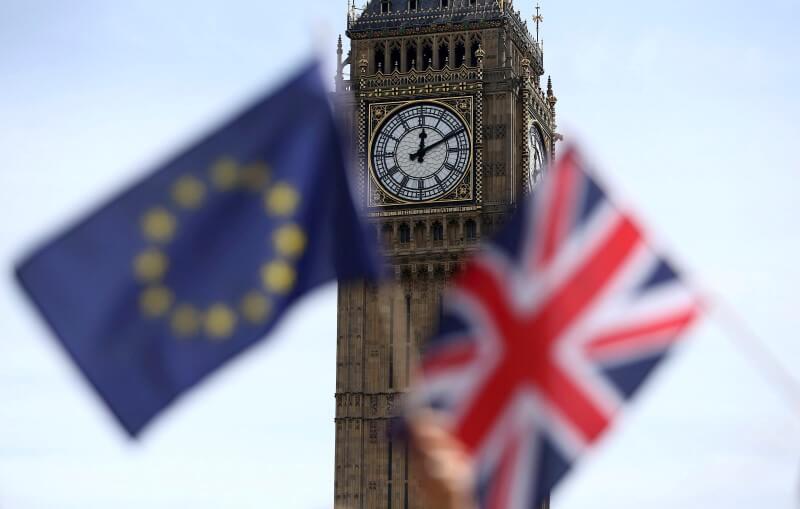
By David Lawder and Howard Schneider







